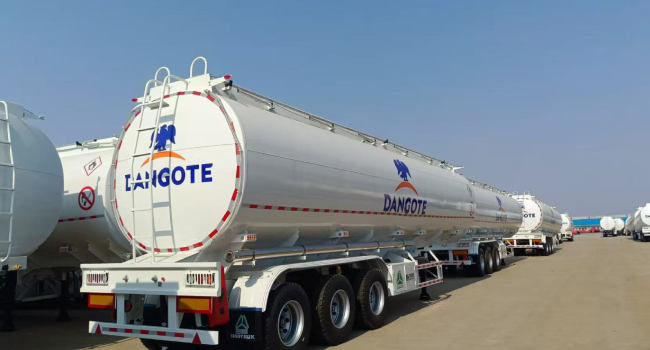Nigeria’s Dangote Refinery Set to Overtake World’s Largest with Capacity Upgrade
The Dangote Refinery has announced plans to increase its refining capacity from 650,000 barrels per day to 1.4 million barrels per day, a move that would make it the largest refinery in the world once completed.
Aliko Dangote, president of the Dangote Group, disclosed this on Sunday at a press conference in Lagos. He said the expansion aligns with President Bola Tinubu’s vision of positioning Nigeria as a global hub for refined petroleum products.
“We are more than doubling the barrels to 1.4 million from 650,000,” Dangote said. “This will make it the largest refinery in the world, surpassing India’s Jamnagar Refinery. This expansion is about confidence in Nigeria, in Africa, and in our capacity to shape our own energy future.”
Dangote praised the Federal Government for its policy support, citing the Nigeria First Policy, Naira-for-Crude Policy, and One-Stop Shop Initiative as key drivers of growth in the downstream sector. He said government mediation helped resolve recent refinery disruptions linked to union activities and sabotage attempts.
The business magnate said the expansion project will create about 65,000 jobs during construction and open new opportunities for local industries. In addition to refining crude oil, it will boost polypropylene production from 900,000 metric tonnes to 2.4 million metric tonnes annually and expand output of base oils and linear alkylbenzene, used in detergents.
The upgraded plant will produce Euro VI-standard fuels and generate its own power to ensure uninterrupted operations. “Our goal has never been just to refine oil, but to refine opportunities for our people,” Dangote said.
Addressing fuel supply concerns, he assured Nigerians of stable petrol availability and prices throughout the festive season. “For the first time in many years, Nigerians can look forward to a festive season free of fuel anxiety,” he said.
Commissioned in May 2023 by former President Muhammadu Buhari, the Dangote Refinery began production in January 2024 and has since supplied both domestic and international markets, significantly reducing Nigeria’s dependence on imported fuel.




